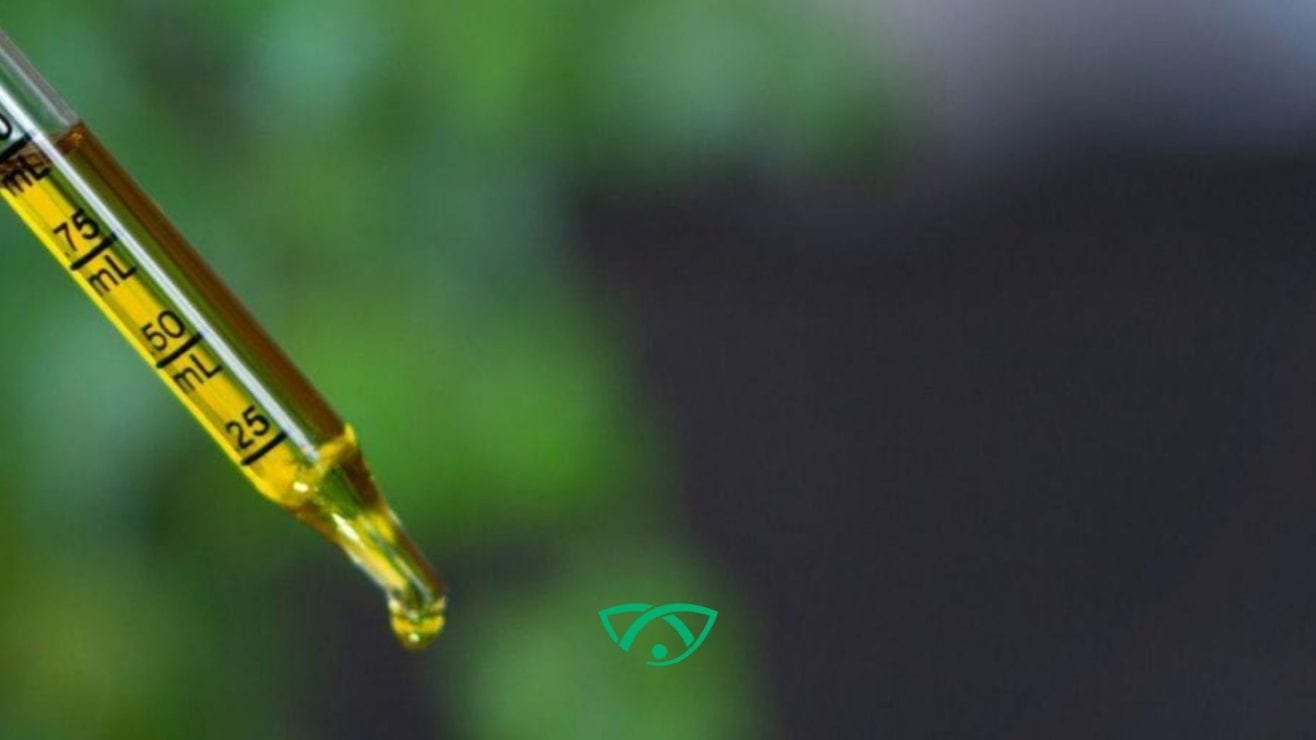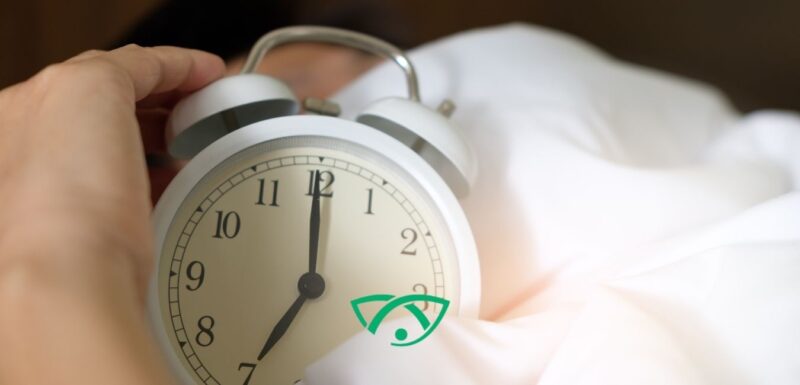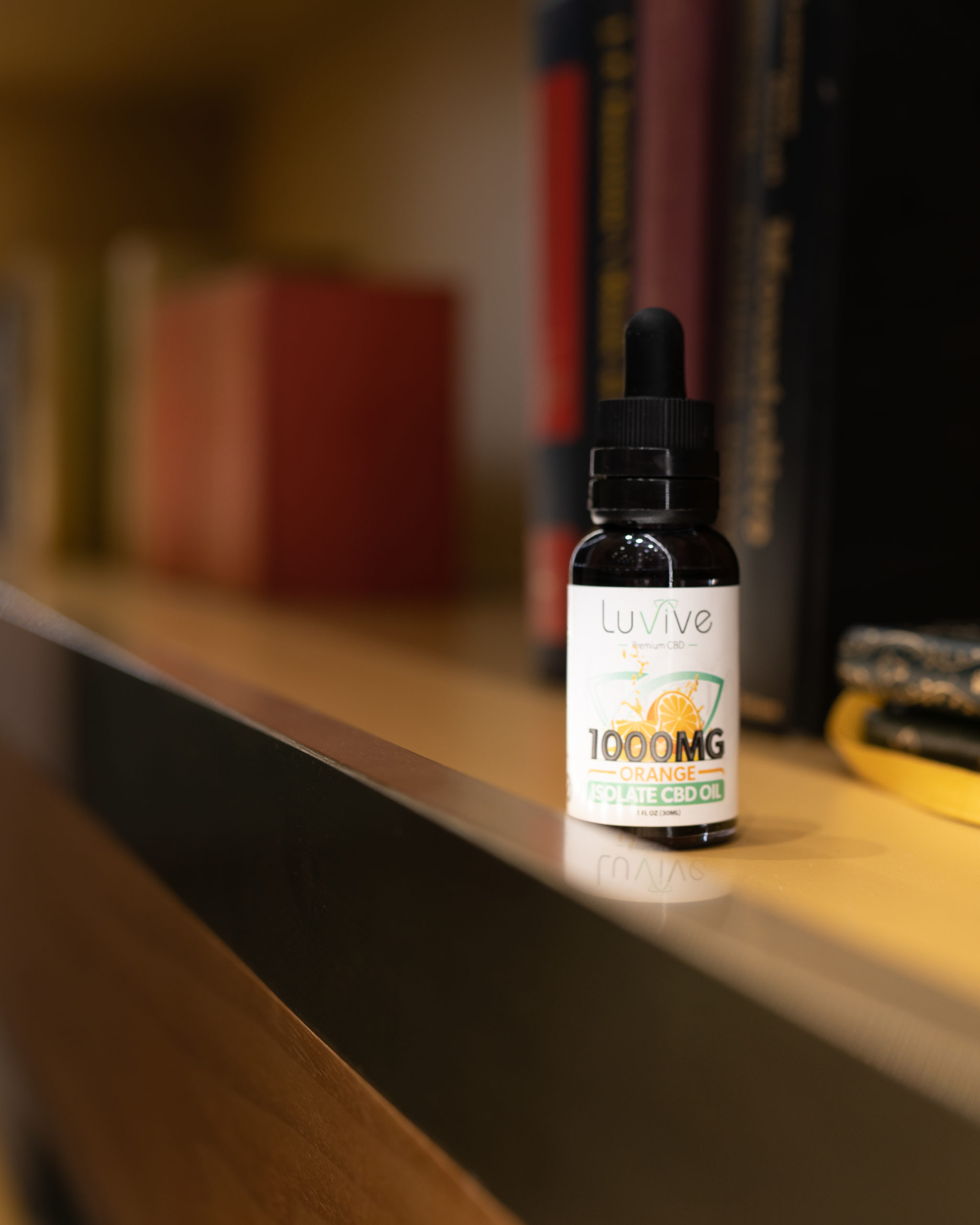How Much CBD Should I Take For Pain, Anxiety, and Sleep?
CBD, short for cannabidiol, has been praised to cure various everyday issues, from pain and anxiety, to sleep problems(1). You can find plenty of CBD dosages, which raises an important question – just how much should you take every day for it to be effective? In this guide, we’ll tackle how to measure your dose depending on the symptoms you’re experiencing. It’s important to know that CBD doesn’t have a one-size-fits-all rule and most recommendations should be used as a point of reference.
CBD Things To Consider
In order to determine how much CBD you should take, it’s always important to consider the product itself and its potency. Alongside this, you should take into consideration your weight, other medications you’re taking, and your overall condition. It’s important to note that CBD oil isn’t a cure for serious problems and it’s always best to consult with your doctor or physician before committing to your CBD intake.
CBD comes in many forms. The most common ones include oils, pills, vaping liquid, edibles, and creams. Oils are considered best to help with stress and anxiety, while creams are typically used for skin treatments. However, oils and vaping liquid tend to be the most potent and effective CBD forms. It’s also important to note the maximum dose available for each form and its potency.
A Note On Bioavailability and Concentration
Bioavailability(2) relates to just how much CBD your body actively absorbs(3) into the bloodstream. Typically, CBD vapes have an average bioavailability of 56%, oils have 30%, edibles from 5 to 15%, and creams 1% or lower.
Then, you also need to consider the concentration of the product. The same concentration you’ll get in creams won’t bring you the same result as you would in CBD vapes. It’s important to note that creams don’t affect the bloodstream, which is why the bioavailability is significantly lower than with any other forms.
How to Measure a CBD Dosage
While it may be easier to measure dosage for other forms, it’s slightly more difficult to do so for dropper bottles. The dropper carries 1ml of liquid. In order to determine the quantity of CBD in a single dropper, you need to know the total amount of CBD in the bottle as well as the number of milliliters in the bottle.
Divide the total amount of CBD with the number of milliliters and you’ll receive how many milligrams of CBD there are in a single dropper. Use this handy formula to do so:
[Total CBD in the bottle] ÷ [Number of milliliters in the bottle] = mg of CBD in a dropper.
CBD vaping liquid may also be difficult to measure, however, the effects of vaping are stronger and faster-working than they are with any other form. There’s no simple answer to find the right dosage for your vape oil – you’ll know it when you start feeling the effects.
How Much Should You Take for Pain, Anxiety, and Sleep
Each concern has a different recommended dosage provided by scientists. For anxiety, a dose of 40mg(4) has shown positive results in studies. It’s important to note that this only relates to social anxiety(5) – the does for any other anxiety forms may be higher. If you’re ever in doubt, it’s best to consult with your doctor to determine the correct dose in relation to any other medication you’re taking for anxiety.
Chronic pain sufferers have seen results when taking anywhere between 2.5 to 20mg of CBD oil. Positive effects of CBD on pain-related symptoms depend on the person’s body mass, as well as the severity of the pain.
CBD is also frequently used to treat various sleep disorders. Since it reduces stress and anxiety, it positively affects the quality of your sleep. You may be able to fall asleep faster by consuming a higher dose, however, it’s recommended to use anywhere between 25 and 175mg of CBD to treat a sleep disorder.
Side Effects of CBD
While you’re not able to overdose(6) on CBD, it’s important to remember that you may experience some unwanted side effects. These include dry mouth, dizziness, sedation, and lowered blood pressure and heart rate. If you’re unsure whether CBD is the right choice for you, it’s always best to consult with a doctor and decide on the dose you need together.
*These statements have not been evaluated by the FDA. This product is not intended to diagnose, treat, cure, or prevent any disease.
*Always seek the advice of your physician or other qualified health provider with any questions you may have regarding a medical condition or prior to using any CBD products.



